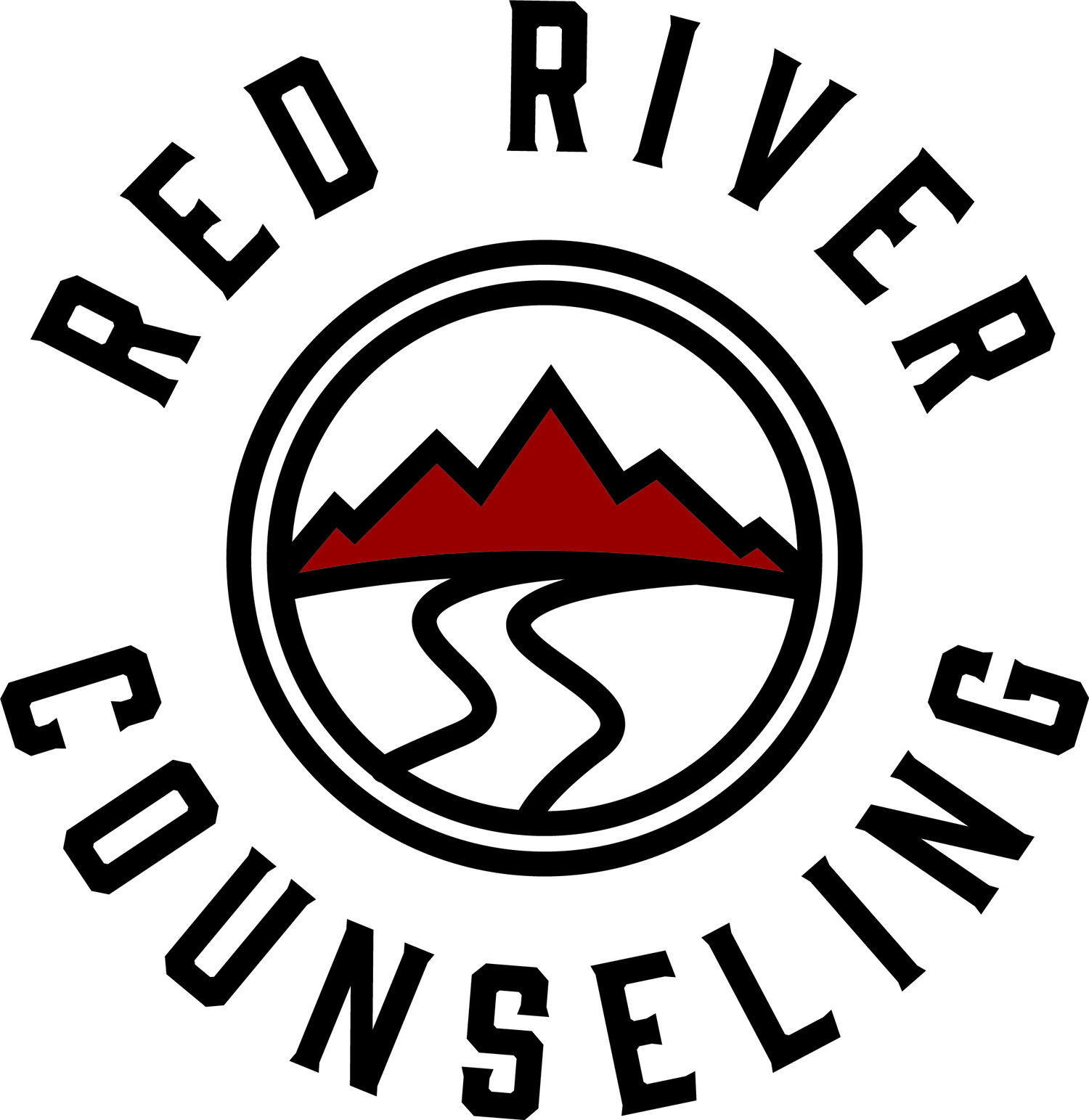“You can tell me anything” – Earning your child’s trust
/Most of us parents have told our kids that they can tell us anything. Then, we expect that they believe us and will tell us when something’s going on in their life.
So, why don’t they tell us anything?
If you’re like myself and most other parents, you’ve been shocked to find out one of your kids is struggling with something – shame, getting bullied, fear, problems with friends or teachers – but they kept it to themselves. Maybe you learned it from someone else or you find out about it years later. You might feel guilty, upset, or disappointed.
So again, the question is why don’t they feel free to tell us anything?
My belief is that it’s all about trust.
Trust is repeated experiences of trustworthiness.
It’s a whole bunch of little things that add up to big things. Trust is not either or, either I absolutely trust you or I absolutely don’t. It’s on a continuum, with trust on one end and betrayal/abuse on the other end.
Trust is the belief that you are for me, you are for us, and you are for yourself. Trust accumulates when you respond with listening and care to your kid telling you about the small stuff, their interest in a tv show or video game. Trust is more like a thousand pebbles than one large boulder.
Mistrust questions whether you are for me and us, or if you’re just for yourself. When your kid wants to tell you about a problem they're having at school, do they wonder if you’ll respond by getting upset for being interrupted? Do they think you care enough about the small stuff that you’ll put off your own agenda to pay attention?
Betrayal believes that you’re for yourself over me and us. If your kid feels betrayed, they believe that if they tell you what’s going on in their life you’ll respond by ignoring or getting upset with them. If their common experience with you is that you get mad or annoyed when they tell you about what’s going on in their life, then they’ll probably not risk telling you about something big.
Abuse creates an utter distrust, where your kid believes you are against them. If they experience this, then it would be unwise for them to let you into their lives any further. And abuse isn’t just physical or sexual harm. Power and control are at the core of abuse, and often come across as intimidation, put-downs, minimizing, blaming, threatening, or a hundred other means of controlling. If you fall into this camp, don’t let shame tell you it’s too late to do anything about it. Reach out and get some help. Your kid deserves you getting the help you need.
Just as trust can be lost, it can be earned.
Pay attention to the small stuff
If you want to earn the right to hear what’s going on in your kid’s life, start now with the small stuff. Pay attention to what’s going on in their world, then follow up later and ask about it. Listen to them telling you about the troubles with their friends, teachers, or schoolwork. It might feel mundane and unimportant, but this kind of listening is the building block of trust. If you tend to forget, take some notes in your phone. Find a way to pay attention to what they want to tell you about, not just what you want to hear about.
Rebuilding Trust
If you’ve done harm in the past, own it. But before you apologize, do the work to change the way you react. Get some counseling. Then, after you’ve started to learn a new way of relating to your kids that is safe and trustworthy, apologize for the harm you’ve caused them in the past. In 12-step work, we call this ‘making amends’ and it comes after many months of living out a new way.


